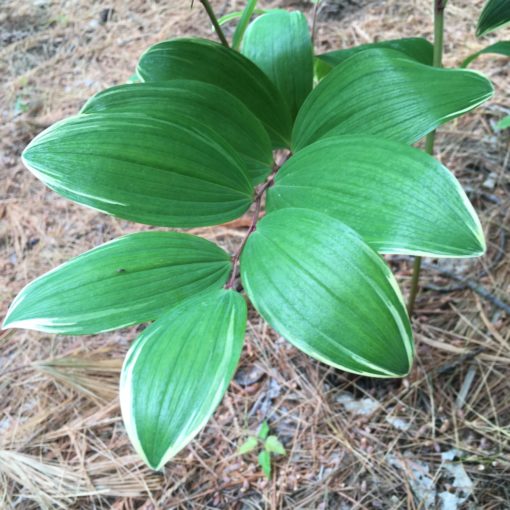March, Marzo, Mars. Whatever you call the third month of the year, it's exciting to experience the increasing temperatures and additional daylight, which will give us 1.5 hours more sunshine by April 1st, no foolin! These signs of impending spring, coupled with some cabin fever, often turn our thoughts towards the great outdoors and the things we may want to accomplish this coming season. Starting seeds, organizing garden tools and finding that left-hand gardening glove (why is it always the left one that goes missing?) can help us bide our time until spring is well and truly here and we can finally (finally!) get back outside!
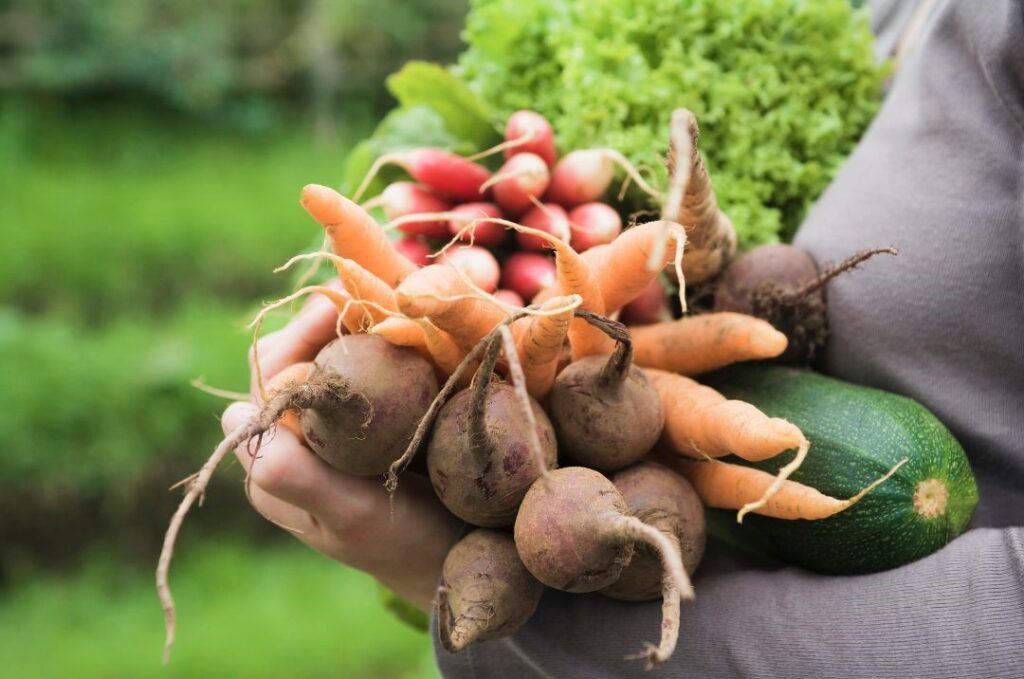
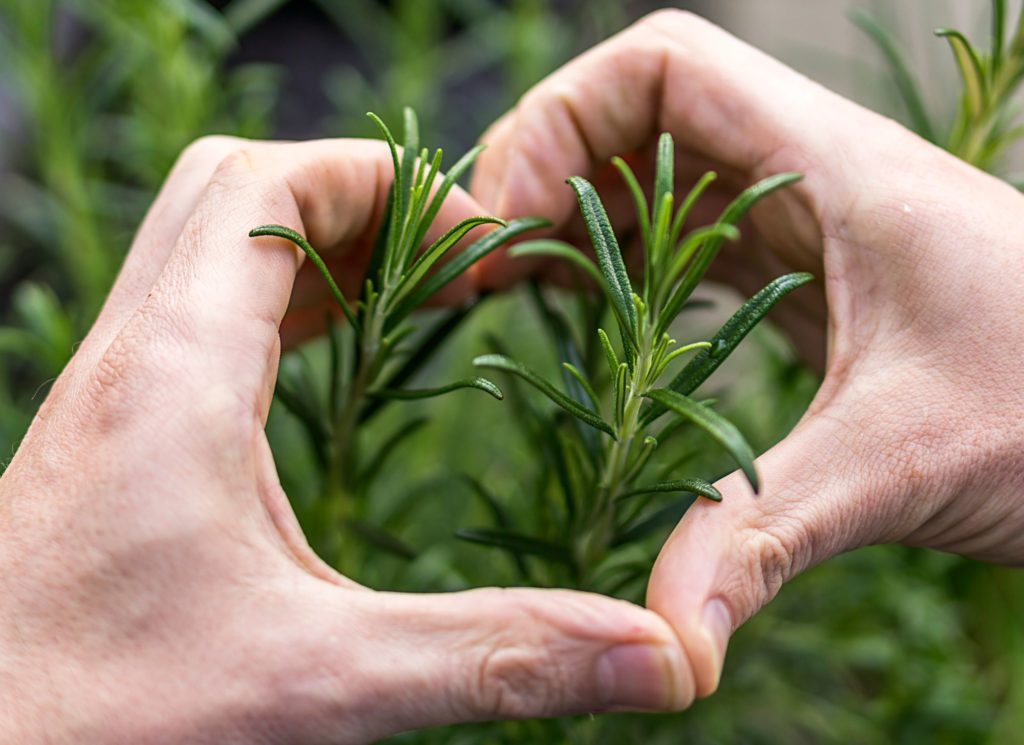
But before we get distracted by all those tasks that prepare us for the gardening season, it is vital that we take notice of whether the garden itself is ready for the growing season ahead. What to grow and where to grow it are, of course, important decisions to make, but the quality of the soil as the foundation of the garden will have the greatest impact on the final yield. There are some simple tasks that can ensure that your soil is primed and ready to pump out delicious produce all season long.
If you have had fine success with your vegetable garden up to this point, I applaud you! There's nothing like the pride of growing your own food. But I would gently caution you that past success does not guarantee continued abundance, at least in the vegetable garden. The long-term health and success of your garden are based, quite literally, on the soil you are growing in. By determining the soil structure and nutrient content of your garden soil, significant adjustments can be made to improve the yield of your garden for future seasons. A soil test is an essential step in understanding what you are working with, no diggity, and will provide custom feedback on what exactly your garden needs to succeed. A soil test is a snapshot that indicates the percentage of organic matter, pH level, and nutrient content of the soil. Once we know all of that, we can adjust these things to be in the optimal range for your crops.
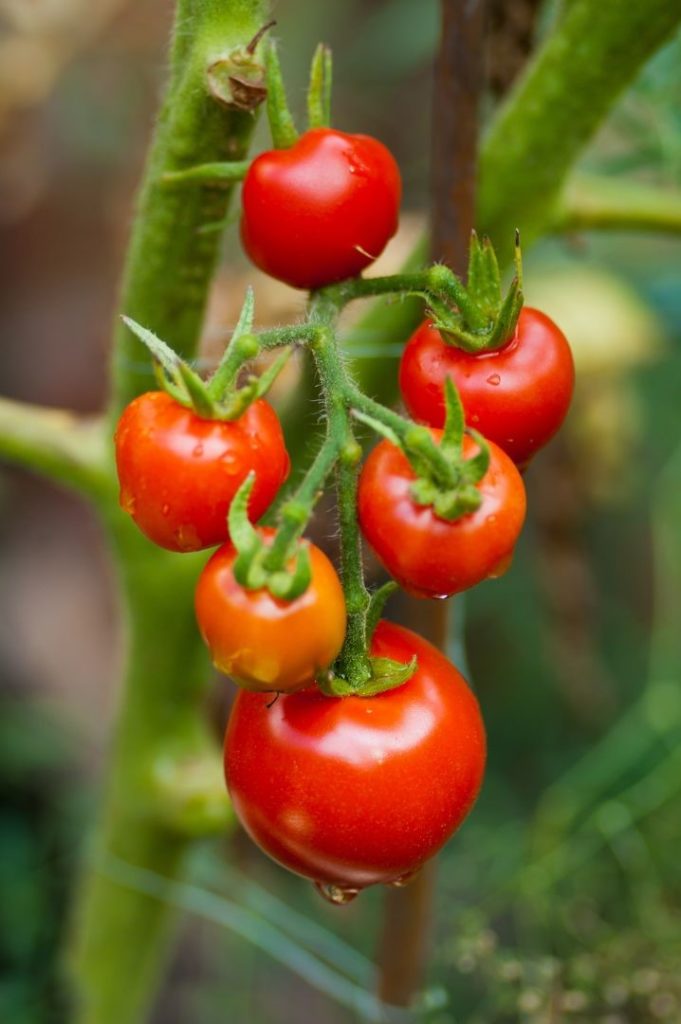
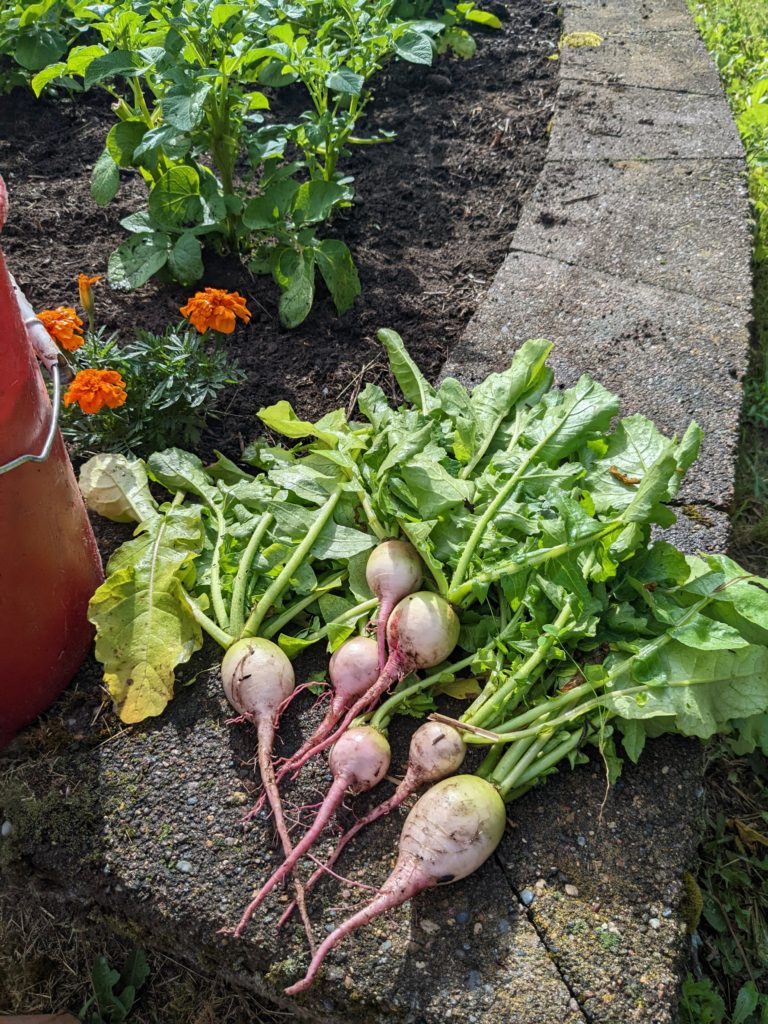
Between the organic matter necessary for soil health and the nutrient content essential for robust plant growth, it can be confusing and overwhelming to interpret the results of a soil test and know what your next steps should be. But if you give us a call, we can help you turn your IDK (I don't know) into solid info on NPK (Nitrogen, Phosphorus, and Potassium) and how to move ahead with perfecting your site for maximum yield this season. From soil amendments to specific fertilizing schedules, a little bit of guidance can result in delicious dividends!
If you're wondering when is the ideal time to make moves in the veggie garden, the sooner the better, especially if you haven’t had a soil test done! Soil testing can occur at any point that the soil is workable, from ground thaw in the spring until freeze in early winter. The sooner those tests are completed and analyzed, the sooner action can be taken to improve your growing conditions. Our schedule can fill up, especially in the early part of the season, so be sure to give us a call soon to get growing for a delicious and productive 2023 season!
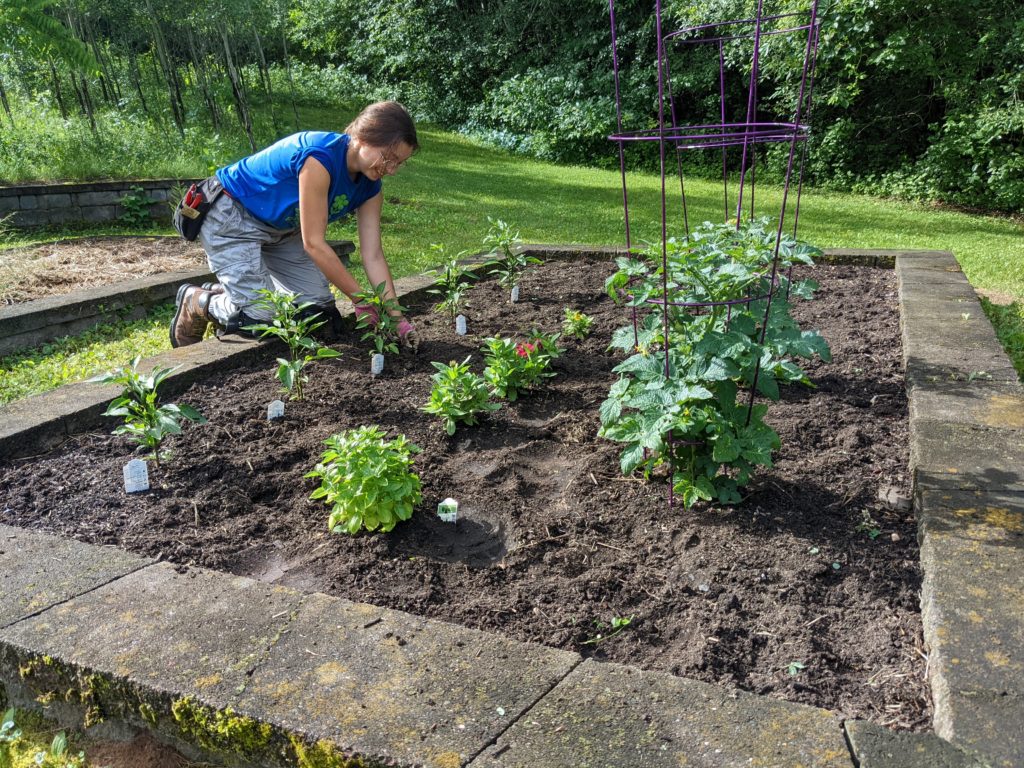
“Grow well, eat well, be well!”
Farmer Hill




